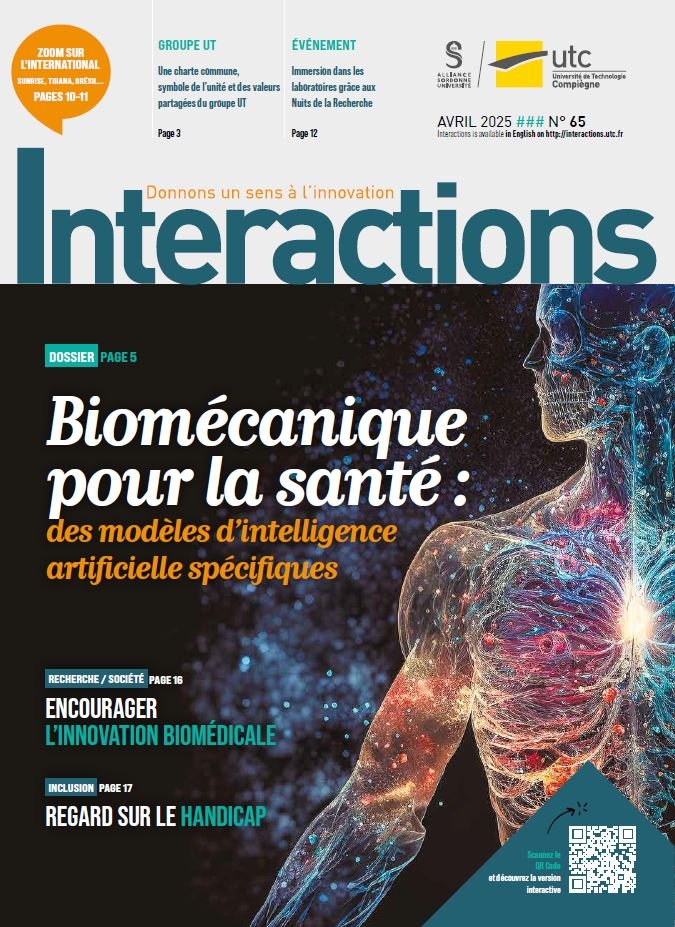A new course in the Humanities and Creative Industries in the Master’s degree

As of September 2025, UTC will offer a new course entitled “Design, Uses and Technological Research” within the Humanities and Creative Industries Master’s degree programme. From the start of the 2025 academic year, the first intake of some fifteen students will be trained in issues related to the interactions between humans and their natural, social and technical environment.
The new course ‘Design, Uses and Technological Research’ relates to understanding the issues related to innovation and complexity. The idea is to enable students to broaden their spectrum of attention, their vista, to better understand the processes of technical “constitutivity” in a diversity of environments. We do not choose the stance of technical neutrality or simple “solutionism” but consider that when technological issues are tackled by humans, it has effects on them individually and collectively,” explains Olivier Gapenne, Director of the UTC Costech laboratory since last September. Established in 1993, the Costech research unit explores the questions related to technology, to the science of human production, with the aim of improving design. The internationally renowned philosopher Bernard Stiegler founded the laboratory and devoted his work to the question of technology and its implications for the understanding of contemporary Society. “The objective of the Master’s programme, under the direction of Florent Levillain, is to provide students with new skills in design centred on the human experience, leading them to master the process of designing and producing innovative technological products and services.” It should be noted that the Humanities and Creative Industries programme offers two courses at UTC, one of which is part of a dual curriculum in partnership with ESAD in Amiens, UTC contributing its knowledge in the field of cognitive sciences applied to design and user experience. Students enrolled in this “design and experience creation” course will follow the DNSEP (graphic design options) courses at the ESAD site for two years, as well as certain courses offered in the new course at UTC.
Relations between humans, technology and society
The UTC-Costech laboratory, a place of interdisciplinarity, now operates with five programme teams whose work is based on the common foundation of a shared thesis attributing a constituent role to technology. The research topics of narrative, vulnerability, bifurcations, intersubjectivity and cognition give rise to programmes that enable their study in conceptual, theoretical, concrete, experimental and even operational terms. This research is also directly connected to environmental concerns about sustainability and societal concerns about the sources of social fracture. “Our team is part of the Technology, Societies, Humanities (TSH) UTC department, and several of its members are particularly involved in the Hutech course, which teaches how to direct technological development serving high human and societal values,” concludes Olivier Gapenne. The aim is to work together in a cross-disciplinary and collective way, including with other UTC research entities, so that engineering students acquire a real appetite for technological research. The need in this area is immense and many questions need to be explored in depth. UTC-Costech has no intention to content itself with academic research and is implementing real-life research for the benefit of numerous actors in Society.”
KD




